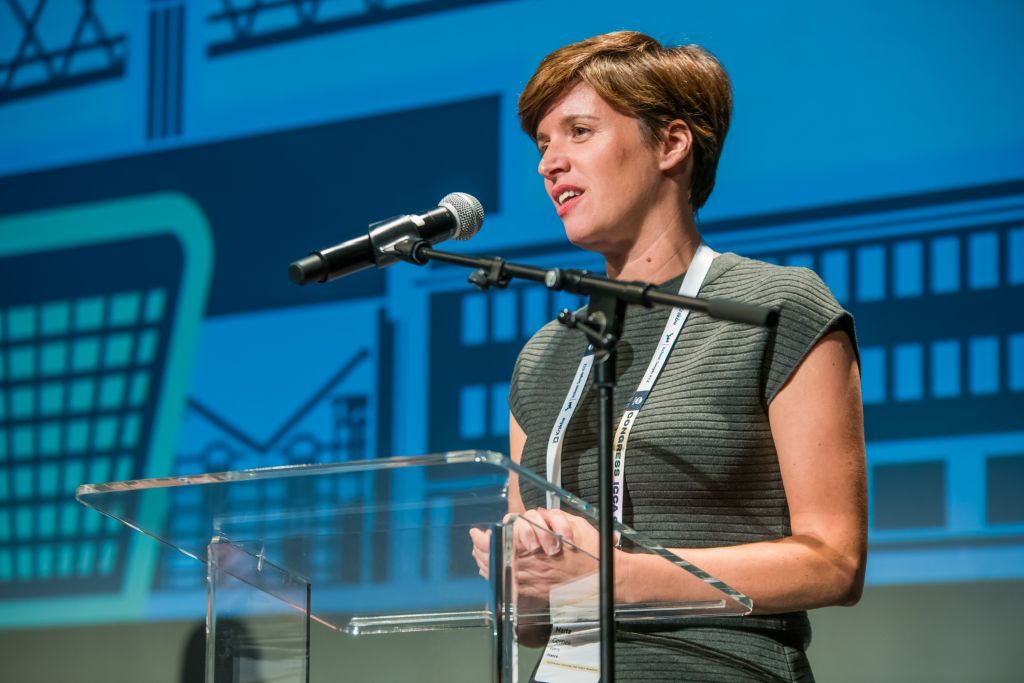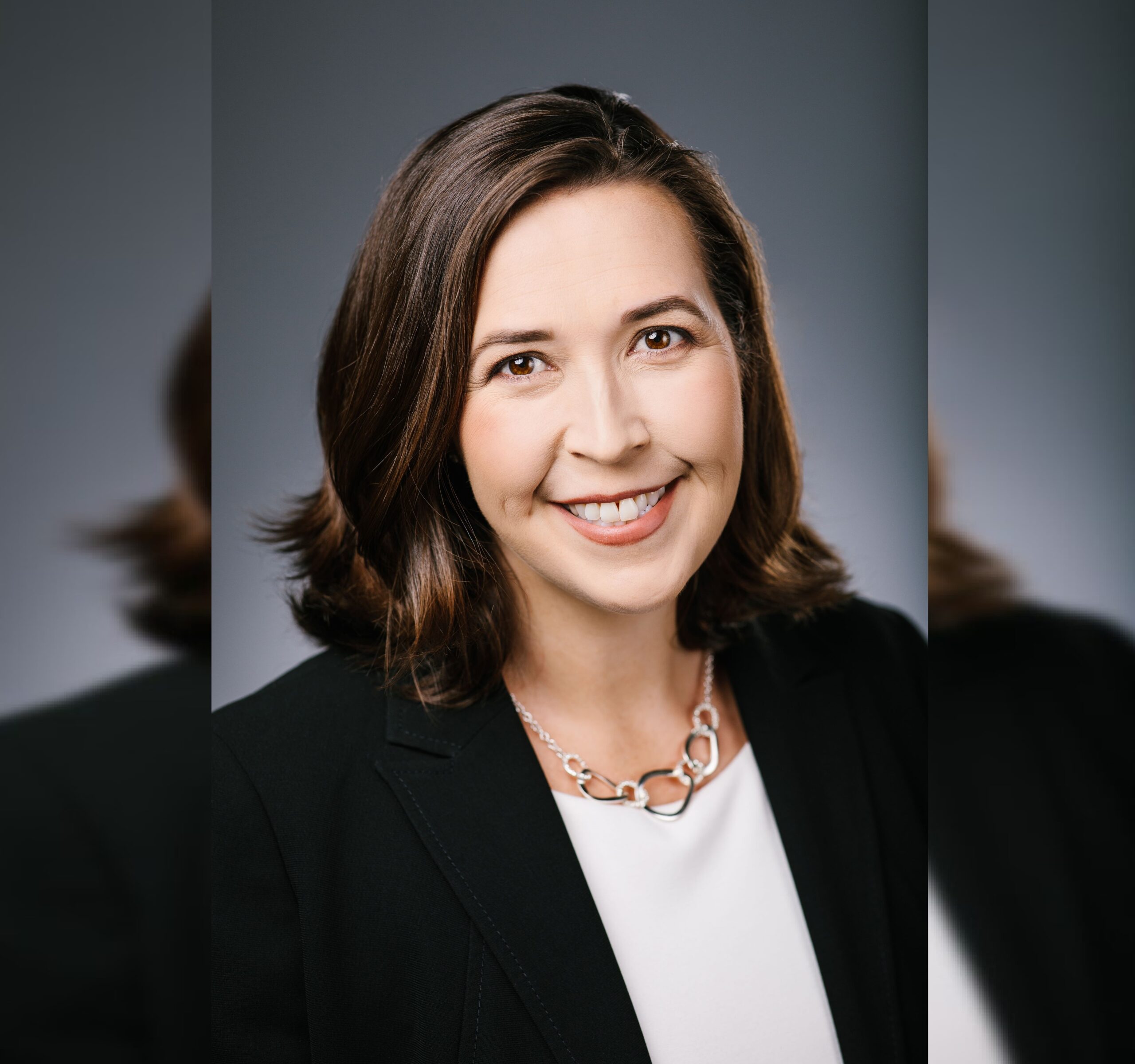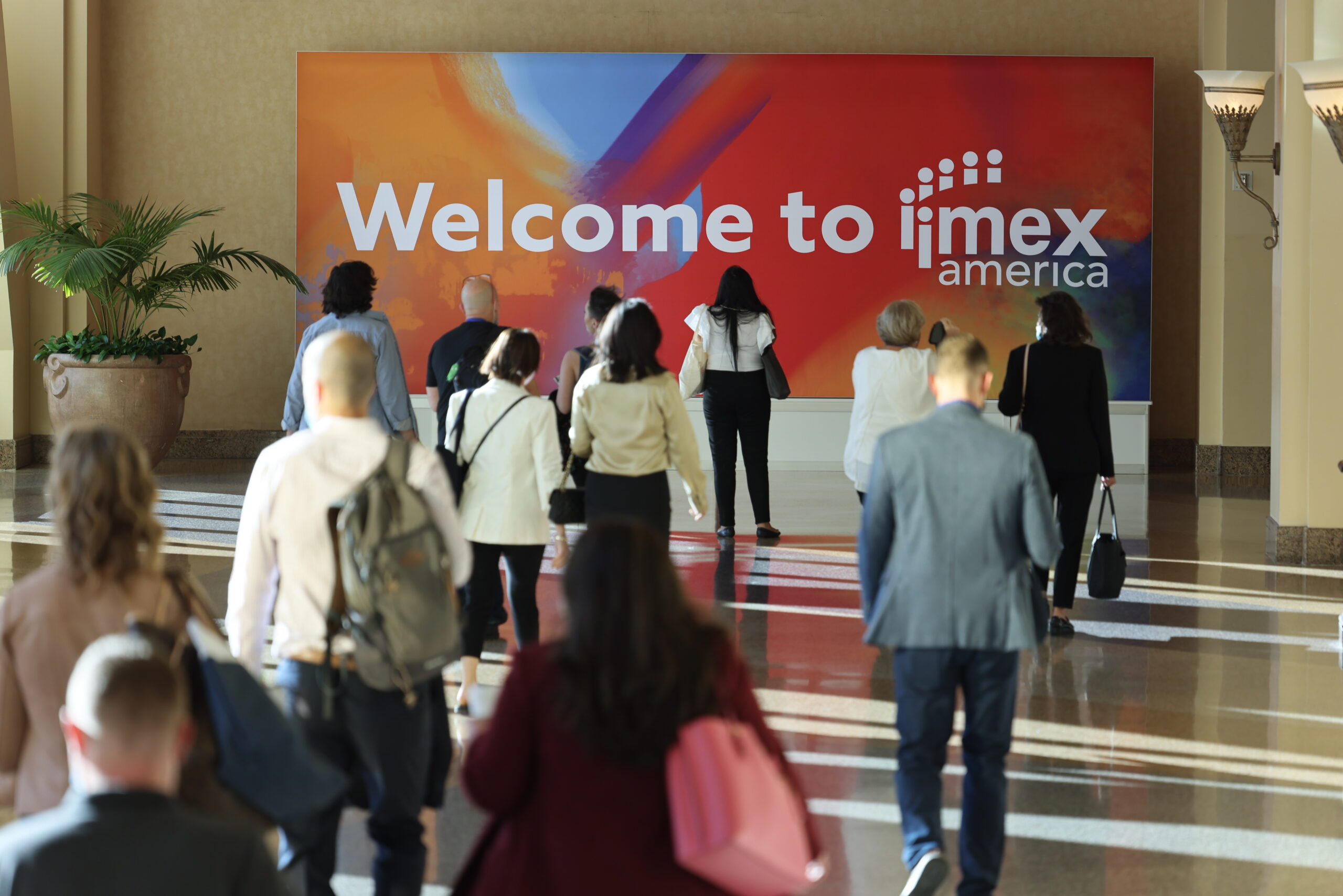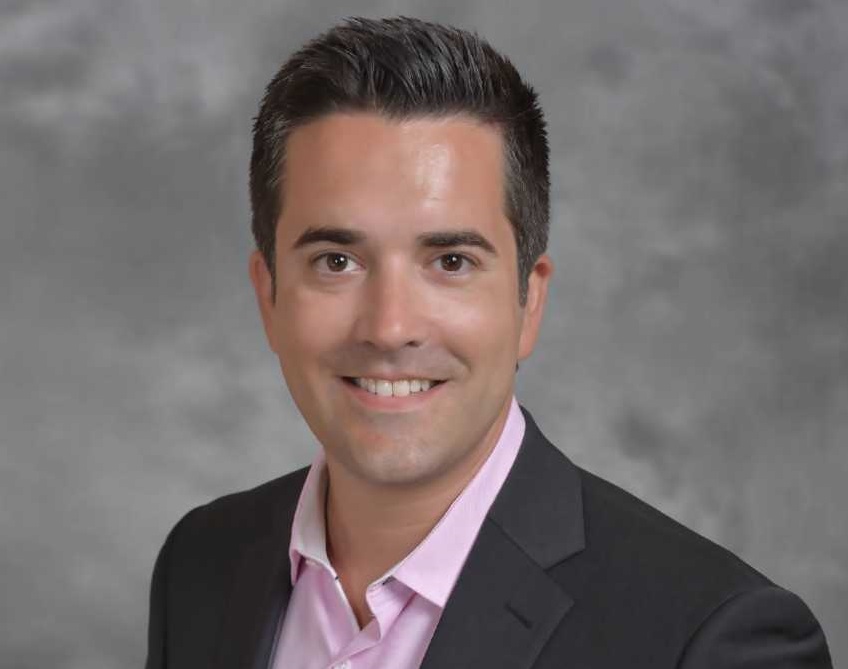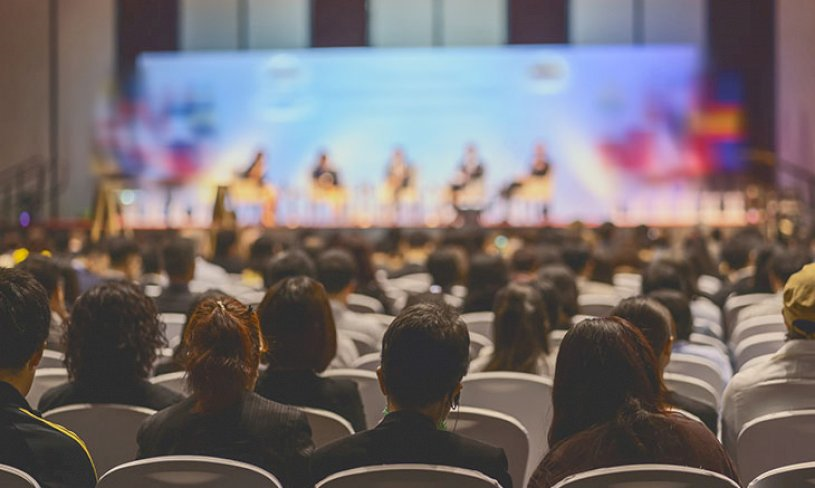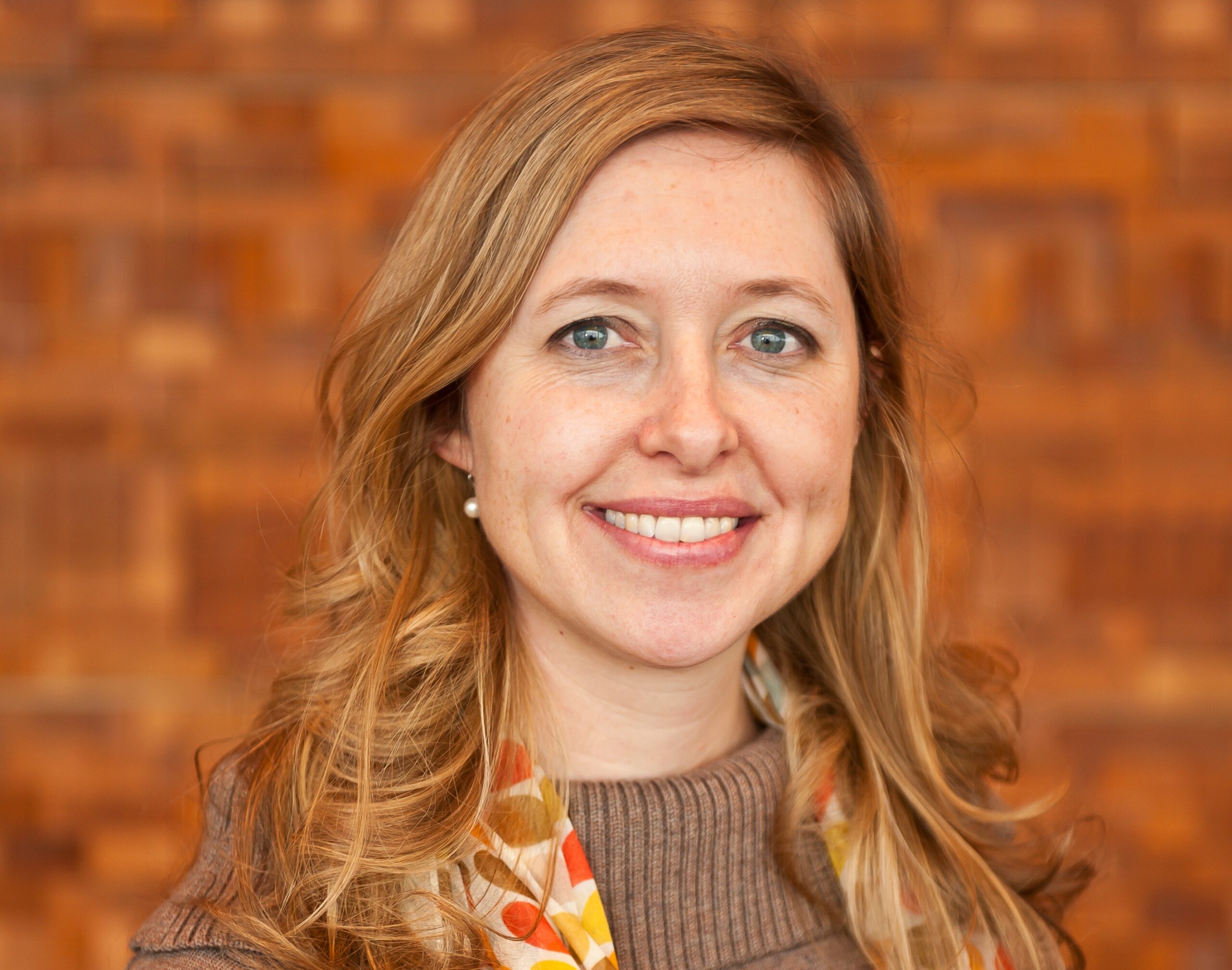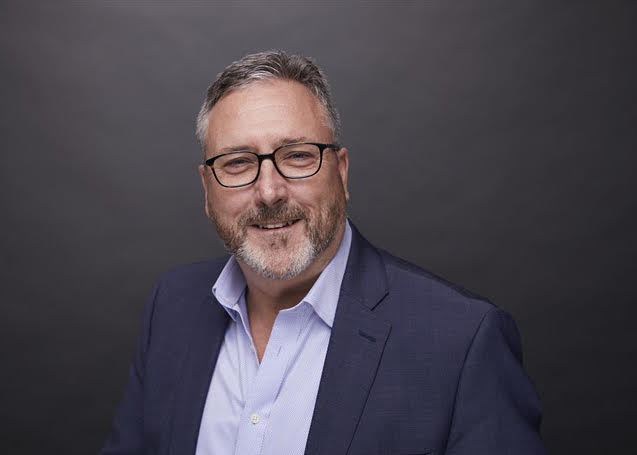Impact. Community. Self-awareness. These are some of the passions our latest Global Events Visionary embraces.
Elizabeth Pollard, also known as Eli, has been World Parkinson Coalition’s Executive Director for over 18 years. Eli has been a key player in putting together the World Parkinson Congress (WPC).
Read some of Eli’s thoughts on making a difference, adapting, and learning to put your well-being at the forefront. You will know immediately know why we are inspired by her and proud to call her a Global Events Visionary.
Social impact has been in the center of roles you’ve undertaken in your career. How does that impact the way you source destinations for World Parkinson Coalition’s International Congress?
EP: We pay attention when destinations understand our mission, values, and see us for the good work we do, not just as an organization that will bring revenue to their city.
More than 10 million people live worldwide with Parkinson’s disease, a degenerative neurological disease. Parkinson’s disease is the fastest growing neurological illness on the planet. Sadly, many of those people are in locations or countries that are unable to offer the sort of care needed to live well. Whether that’s because they cannot get the medications, there aren’t enough movement disorder specialists to treat them, or in some cases because of a deep misunderstanding of PD. There is a lot of pressure on individuals to not share their diagnosis with family, friends, and colleagues because it’s considered taboo.
As an organization that puts people living with PD at the center of our work, it’s very important to us that destinations with interest in hosting the World Parkinson Congress understand the importance of education around Parkinson’s and value the Congress being held in their city. To host the WPC, the city, host hotels and convention center must agree to participate in our “Make the City Parkinson’s Ready” program. This program, first launched in 2010 in collaboration with the city of Glasgow, is a simple but incredibly important program that involves training the front of house hotel, airport staff and other professionals who may encounter our delegates. This program is pivotal to ensuring that our delegates feel supported and have a smooth experience while at the WPC. The legacy of this program is that the staff and all locals in that city or country, are then trained and more aware of Parkinson’s so they can better serve their own Parkinson’s community well after the WPC is over.
As our world came to a halt in 2020, how did WPC evolve?
EP: WPC, like every other organization, had to think creatively about how to best serve its community in this new world. At the heart of the WPC, our mission is to bring the Parkinson’s community together to both educate and inspire. For this reason, anything we did virtually had to have that element threaded through the work.
Fortunately, we already had an engaged global community online. Parkinson’s is challenging in many ways; one of which being a barrier to travel. Obstacles due to being physically unable to travel comfortably, the complicated medication management when flying into different time zones or the cost of travel as many people with Parkinson’s must leave their jobs earlier than they expected. Because of this, the Parkinson’s community embraces online social networks and did so well before the pandemic. This meant online groups were well established before COVID hit and the WPC expansion to more virtual programs was well received by the community.
We expanded some of our programs online, such as our Care Partner Lounge, which went virtual. We also hosted our first virtual four-day educational event. New to the WPC during COVID, we added a Research Spotlight, a bi-monthly virtual discussion with a leading scientist giving the community the opportunity to ask questions and learn about what their research means for Parkinson’s. Everything we do is designed to allow cross pollination within our community members to help us get closer to understanding Parkinson’s. This allows us to put a face on Parkinson’s for scientists and for people with PD. Helping them understand the research that’s being done on their behalf, so they are better educated and inspired to get involved in clinical research.
COVID forced our work to go fully virtual. This worked well for us, as our efforts for better cross pollination with stakeholders in a virtual environment allowed equalizing access to information.
We are truly inspired by your story, surviving breast cancer in the middle of pandemic. How were you able to lead your team during this life-changing event?
EP: I was diagnosed in May of 2021, so about one year into the pandemic. It was certainly a shock, but I have learned a tremendous amount from the Parkinson’s community and so I took a page from their playbook. I immediately shared the news, letting those close to me know that I was diagnosed, but that I would be okay. My team members were alerted that I would need patience on deadlines and more support from the team on projects that were crucial. I also assembled an amazing care team for myself. Living in New York City has many perks, one of them being excellent healthcare options, so following tips from the Parkinson’s community, I immediately made sure my healthcare team was good, not just the surgeon and oncologist, but the whole team including the social worker, nurse, and nutritionist etc. I also enlisted the support of my family and community of friends. Mainly I asked my friends to help take care of my husband and kids, so I could be relieved of worrying about them so I could focus on myself.
Being up front and honest from the start was very important to me. Trying to keep the diagnosis a secret would have been more exhausting and would have added more stress to my life. On the wellness front, just like we talk about in the Parkinson’s space, ultimately, I needed to focus on my health so that meant taking days when I needed them.
For me personally, not working was not an option. I love my work and it brings me real joy. It was evident to me that keeping busy and focused on serving others would be the purpose I needed to keep going. I found work a good distraction from the daily challenges of my own treatment, but I was also very kind to myself and so if I was feeling unwell or needed to take a break, I did. I am still going through the tail end of my one-year treatment plan, but the hardest stuff is behind me and on reflection, I would not have changed how I tackled my own diagnosis. My experience with the Parkinson’s community most definitely helped me keep things in perspective and I am grateful for the support the advocacy community gave me during this time.
How did you and your team prioritize mental health?
EP: This first thing I did was draft a blog post for my team and the community around taking a News Fast. It was a term I learned from the book by Dr. Andrew Weil, “Eight Steps to Optimal Health” and one of the steps, along with dietary changes and fitness changes, was to focus on your mind and to abstain from news, to give your brain a break from the anxiety induced by media. He defines a news fast as, “…a means opting out of watching the news on television, listening to it on the radio, reading newspapers, or following the news on the Internet for a few days or even a week at a time… to promote mental calm and help renew your spirits. In this way, the anxiety and overstimulation catalyzed by the media may be minimized, and your body will function better.”
At the start of the pandemic, I was obsessed with the news, the Covid numbers, and death. I am pretty sure I was not alone in this obsession! Living in New York City was scary, I heard ambulances all day long and saw images of overwhelmed hospitals and morgues. The news weighed me down and I know my team felt it too, and the Parkinson’s community really felt it.
Encouraging people to focus on their mental well-being was very important, and I continue to share this message with my team today. When burnt out or working at below capacity, it’s more harmful to push through than take a day or two to recharge. My team loves what they do, but even when you love your job, taking the time to care for yourself is crucial for success at work and in one’s personal life.
What key advice do you have to share with change agents/global innovators like yourself?
EP: Core to a successful program or Congress is twofold: one is to ensure the voices of that audience are woven into the planning from day one and two is to ensure you have the support of the world’s leaders in your space for the work you are doing. For the WPC, we have people with Parkinson’s, care partners, physicians, nurses, rehabilitation specialists, social workers and more involved in the design of each Congress, which was not easy in the beginning. We knew the vision of the WPC was to include the patient voice in the Congress, but that goal would not have been achieved without the strong leadership of our Founder, Dr. Stanley Fahn, one of the most recognized and respected Parkinson’s doctors in the world. There was a lot of push back in the beginning, to including people with PD in the Congress, but we succeeded due to great leadership, persistence, and I like to think because we were on the right side of history when it comes to advocacy.

